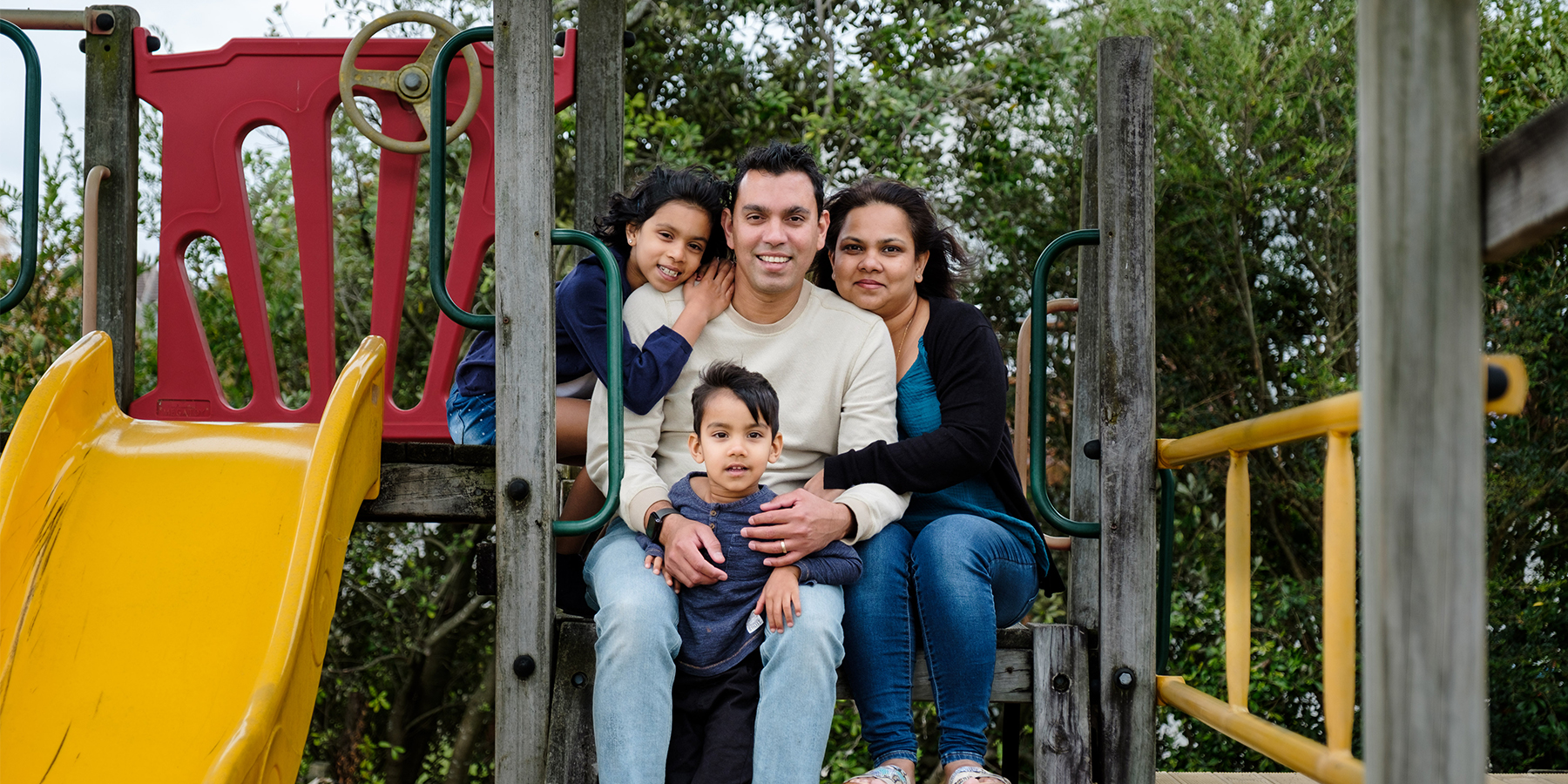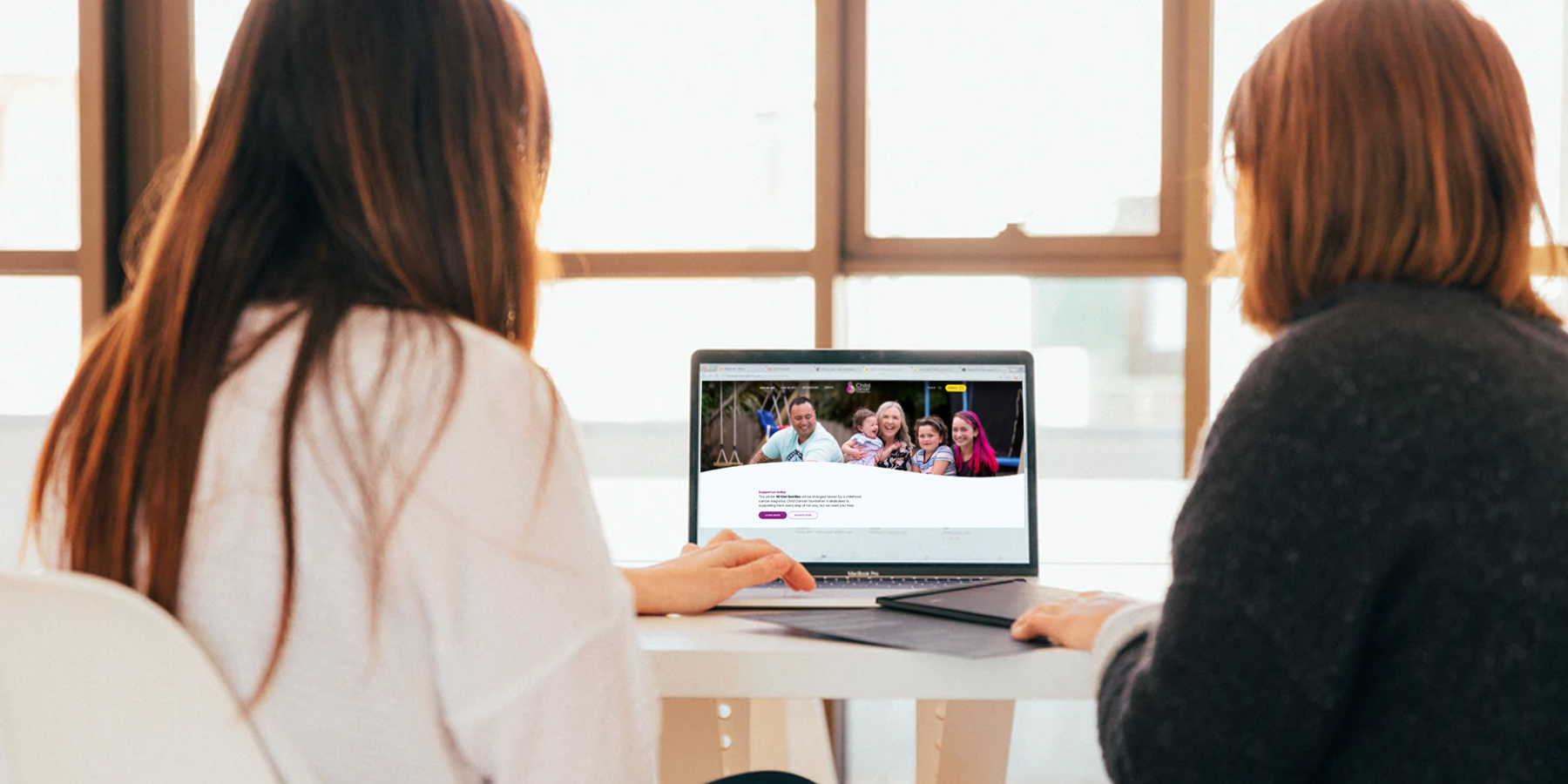Helping your child navigate the return to school after cancer treatment
Here are some ideas for things you can say and do to support your child in their transition back to school and cushion the impact of any anxiety.
Heading back to school after the holidays can be a tricky transition for kids. There’s anxiety around new teachers, navigating lunchtime and catching up with classmates after a long break away. New backpacks and freshly sharpened pencils can only do so much to make things exciting and some nervousness is inevitable. So, for kids heading back to school after being away to receive cancer treatment, that challenge and apprehension is understandably magnified.
Here are some ideas for things you can say and do to support your child in their transition back to school and cushion the impact of any anxiety.
Calm breeds calm
Generally speaking, it’s helpful to take a deep breath and reassure yourself that your amazing, resilient and resourceful child will actually be okay, and then share that confidence with your child. Children gain their own confidence through watching their parents managing challenging situations without getting overly flustered. I know that sounds a little easier said than done, and no parent does this perfectly, but it helps to keep in mind that, ideally, we share our calm with our kids, not our anxiety and over-thinking.
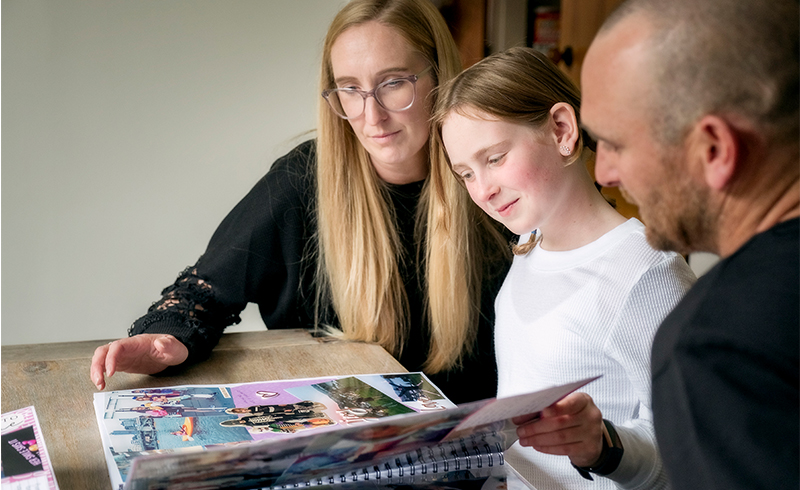
Time to talk
That said, you don’t have to pretend everything is fine and life is just peachy. Your child may be more vulnerable to infection or fatigue post treatment, and this could have an impact on their school days. They may not yet be able to do all the activities they used to. Your child may also be concerned that changes in their appearance will cause their peers to treat them differently or make comments that are difficult to handle.
An open and honest conversation with your child’s teacher before they return to school is important for ensuring everyone is informed about what to expect and what care is required. Express any concerns you have and highlight any safeguards your child will need for their health and wellbeing. The teacher may have some of their own questions too, so this is an important conversation to make time for.
In addition, it’s important to establish an ongoing communication strategy with the school to seamlessly support a child between their home and school environments. This especially ensures safety for your child around communicable diseases (chicken pox etc.) in the school. Talk with your child’s teacher about how communication may best be facilitated going forward – it could be something simple like a chat on Messenger or WhatsApp, or perhaps a notebook that goes back and forth in your child’s book bag. It is likely that the school’s admin staff will be involved here, as they collect information about absences and therefore have their finger on the pulse when it comes to what’s happening in the school community health-wise.
It may also be a good idea for the teacher to chat with the class before your child returns in order to let classmates know what your child has been through and to give them some ideas of what they can do to help ensure your child has the best experience possible on their return to the classroom.
Your child might appreciate having a chat with their teacher themselves too, before they go back to school. This could even happen over a video call if need be. Knowing their teacher has their back will be reassuring for your child, and the opportunity to share any concerns and feel heard may also provide a sense of agency.
And, of course, lots of talking with your child yourself is also important. Ask them about their concerns and talk about some coping strategies together. Brainstorm ways to respond to questions from other kids that your child might find tricky to answer. Try the “What would you do if…” tool to encourage your child’s problem-solving skills within the safety of a hypothetical situation.
- What would you do if you felt really tired after lunch?
- What would you do if you had a headache at school?
- What would you do if the other kids didn’t include you in a game you wanted to play?
- What would you do if the teacher was talking about something you didn’t understand?
- What would you do if kids crowded around you and you felt a bit overwhelmed?
Obviously don’t bombard your child with “What would you do if…” questions, but dropping a scenario into conversation every now and again can help bring any hidden worries to the surface, while also prepping your child with some troubleshooting ideas. Keep it light and fun, while still covering genuine concerns. “What would you do if a spaceship landed on the netball court and an alien demanded your lunchbox?”
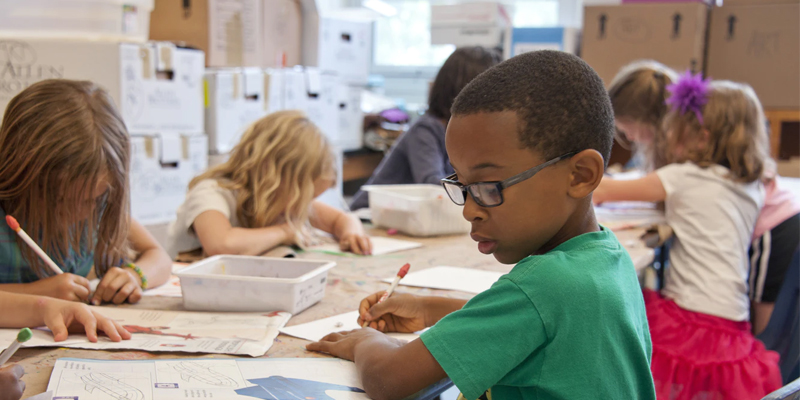
Reconnecting with peers
Your child might be anxious about returning to school peer groups due to the fact that treatment has changed their appearance. They may not yet be able to fully participate in activities, and they may have missed out on important social interactions and events and therefore feel a bit out of the loop. (That said, COVID-19 restrictions have meant all children have missed out on things in recent years, so your child may not be as out of the loop as they fear!) These are all valid concerns, as peer relationships are so important to young people, so take time to listen to your child and ensure they feel heard.
Gently help your child see the situation from the perspective of their peers. Their friends probably still really care about them, but just may not know what to say or how to act. Or they might be so afraid of saying the wrong thing that they say nothing at all. Encourage your child to take the first step and reach out to friends. It might also help to have their friends over to your house before the return to school, providing a relaxed environment where kids can talk about ‘normal’ everyday life or simply hang out together, watch a movie and eat snacks (food is great for bringing people together!).
And when it comes to that first day back, there may well be a few wobbles as your child leaves the car and walks into school. It’s important that school staff support your child if the transition is a bit bumpy, and they should be well prepared to do so. This is great opportunity for a parent to nurture a child’s confidence and resilience too, rather than jumping to the rescue. But don’t be afraid to ask for a progress report! A tearful, fearful child can quickly transform when they get around their peers – but you might not know that! It’s great for a parent to have some reassurance that this is happening rather than worrying all day.
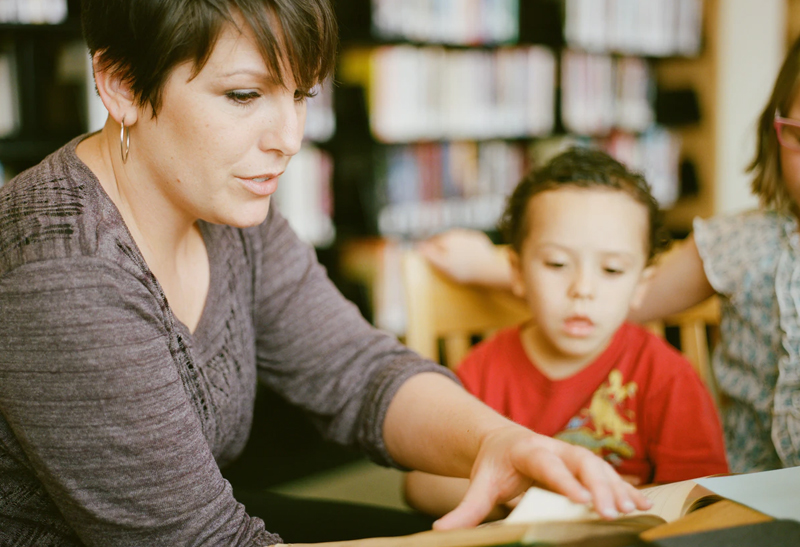
Finding your new ‘normal’
While routines and attendance may have to be modified as your child gains strength and immunity, returning to normal life and routines as best as you all can will help your child in the long run. Getting back into the school routine and their usual activities will help ensure cancer isn’t the focal point of their life or the thing that defines them. School and activities, even if they are modified, help your child connect with their friends and therefore contribute to their general wellbeing.
In a COVID-19 world, we’re all finding our new normal in lots of ways. While the return to school post treatment may pose a few challenges for your child and family, the last couple of years have certainly taught us a lot about problem-solving, creative thinking and pivoting in rapidly changing circumstances. Try not to sweat the little things – if your child manages four days of school before they need a break, good for them! If full days at school are a bit much initially, take it slow. A child dealing with cancer is going through a massive learning curve in many regards, and growth and development opportunities are certainly not limited to 9-3 in a classroom.
By Ellie Gwilliam, Parenting Place
Find out more in our ‘Return to School’ guide at childcancer.org.nz/resources.
Parenting Place
Parenting Place is New Zealand’s charity for families. Head to parentingplace.nz for help, support and ideas, no matter the age and stage of your kids.
Read more stories like this in our latest issue of Sharing magazine.
